Understanding cell-matrix interaction and mechanosensing to counteract diseases
18th October 2021. Giancarlo Forte, St. Anne’s University, Brno, Czech Republic and University of Turku, Finland
Understanding cell-matrix interaction and mechanosensing to counteract diseases.
Giancarlo Forte of the International Clinical Research Center, St. Anne’s University, Brno, Czech Republic and University of Turku, Finland will give a talk at 5.00 pm on the 18th of October on Understanding cell-matrix interaction and mechanosensing to counteract diseases. The talk will be available online at the following link:
https://us02web.zoom.us/meeting/register/tZAqduGhqz0pGdNm1rjHhecNtpkxJnqu_RrM
The seminar poster that can be downloaded here. All College students are invited to attend, especially undergraduates and postgraduates reading Biology, Biotechnology, Pharmaceutical Sciences and Medicine and PhD students engaged in research projects in the biomedical area.
Abstract
Downstream of ECM remodelling, the aberrant activation of the mechanosensing apparatus contributes to the establishment and progression of age-related pathologies, like cancer and cardiovascular diseases. My group is interested in understanding how ECM remodelling determines opposite consequences in rather different biological systems, like tumors and the heart. In particular, we focus on dissecting the molecular mechanisms controlling the divergent response to mechanical stress of cardiomyocytes - which are induced to hypertrophy - and cancer cells - which tend to proliferate and disseminate. Mechanosensitive proteins have been recently identified that respond to ECM pathological remodelling and trigger the growth and dissemination of different tumor types. Our group demonstrated how ECM pathological remodelling determines changes in the assembly of focal adhesions through the mechanical control of Yes Associated Protein (YAP) in breast cancer. We also described how YAP aberrant activation contributes to cardiac ECM pathological remodelling in heart failure. In this context, we recently identified RNA binding protein hnRNPC conferring mRNA metabolism sensitivity to cardiac ECM mechanical turmoil and impinging on the alternative splicing of components of mechanosensitive pathways. In the presentation, I will describe our strategy to disentangle the contribution of pathological mechanosensing to hyperplastic and hypertrophic phenotypes and will briefly discuss how we plan to exploit 3D complex disease models based on induced pluripotent stem cells (iPSCs), and tumor spheroids derived from patients or cell lines to answer our scientific questions.
Biography
The speaker is Deputy Director for Science of the International Clinical Research Center, an Institute of excellence funded by European Union within St. Anne’s University Hospital in Brno, Czech Republic (FNUSA-ICRC). He also serves as Group Leader of the Center for Translational Medicine (CTM) at FNUSA-ICRC and holds an Adjunct Professor position in Cell Biology and Biomaterials at the University of Turku (Finland). Dr. Forte obtained his Master Degree in Cellular and Molecular Biology in 2000 at the University of Rome Tor Vergata (Italy), where he also completed his PhD in 2005 in Experimental Pathophysiology.
Image
Computer image of a fibrin network. Courtesy of Farzan Beroz, Princeton University.
The p53 tumour suppressor
On the 15th of October Roger Leng of the University of Alberta, Canada will give a talk at 5.00 pm on The p53 Pathway in Cancer and Potential Therapeutic Applications. The talk will be available online at the following link:
https://us02web.zoom.us/meeting/register/tZAvd-6rqDsiHdLi_lePKKy1lhKBQW7VY8DB
The product of the p53 gene is a transcription factor with crucial tumour suppressor functions. Mutations in the p53 gene occur very frequently in human cancers and contribute to tumour onset and/or progression. The seminar will discuss research the role of p53 in cancer and new approaches to restore p53 activity in cells that have lost it.
The seminar poster that can be downloaded here. Further details, including a seminar abstract and a biographical sketch of the speaker are available at this page. All College students are invited to attend, especially undergraduates and posgraduates reading Biology, Biotechnology, Pharmaceutical Sciences and Medicine and PhD students incolved in life science projects.
Image: immunofluorescent staining of human cells for p53 (green) and actin (red).
The p53 Pathway in Cancer and Potential Therapeutic Applications
Roger Leng, 15th October 2021
The p53 Pathway in Cancer and Potential Therapeutic Applications
Roger Leng of the University of Alberta, Canada will give a talk at 5.00 pm on the 15th of October on The p53 Pathway in Cancer and Potential Therapeutic Applications. The talk will be available online at the following link:
https://us02web.zoom.us/meeting/register/tZAvd-6rqDsiHdLi_lePKKy1lhKBQW7VY8DB
The seminar poster that can be downloaded here. All College students are invited to attend, especially undergraduates and postgraduates reading Biology, Biotechnology, Pharmaceutical Sciences and Medicine and PhD students engaged in research projects in the biomedical area.
Abstract
The seminar will offer background information about the p53 and ubiquitin-proteasome pathways and will next cover the speaker's own research on p53-tumors and the regulation of the activity of members of p53 protein members inside the cells regulation. Finally the seminar will offer an outline of the author's future programmes of research in the p53 field.
Image
Brown/black staining of prostate cancer cells with an anti-p53 antibody (PreproTech) demonstrates the predominat nuclear localisation of the protein (darker staining).
The CCR5 Receptor
On the 13th of October Luca Vangelista of the University of Nazarbayev, Kazakhstan will give a talk at 5.00 pm on CCR5: a Crossroad for Infection and Inflammation. The talk will be available online at the following link:
https://us02web.zoom.us/j/88600327505?pwd=TDZLYlBoYTgzcmNIMXI3UlZ5dy94Zz09
The CCR5 receptor plays a key role in the entrance of HIV in target cells. HIV is the virus causing the Acquired Immuno Deficienty Syndrome (AIDS), a disease that has killed over 36 million people from 1981 to 2020. The seminar will discuss research on CCR5 in the context of the HIV infection as well as other roles of this receptor in inflammation.
The seminar poster that can be downloaded here. Further details, including a seminar abstract and a biographical sketch of the speaker are available at this page. All College students are invited to attend, especially undergraduates and posgraduates reading Biology, Biotechnology, Pharmaceutical Sciences and Medicine and PhD students incolved in life science projects.
Image: an electron micrograph of the HIV virus (courtesy of H Gelderblom, Robert Koch Institute, Berlin).
CCR5: a Crossroad for Infection and Inflammation
Luca Vangelista, 13th October 2021
CCR5: a Crossroad for Infection and Inflammation
Luca Vangelists of the University of Nazarbayev, Kazakhstan will give a talk at 5.00 pm on the 13th of October on CCR5: a Crossroad for Infection and Inflammation. The talk will be available online at the following link:
https://us02web.zoom.us/j/88600327505?pwd=TDZLYlBoYTgzcmNIMXI3UlZ5dy94Zz09
The seminar poster that can be downloaded here. All College students are invited to attend, especially those reading Biology, Biotechnology, Pharmaceutical Sciences and Medicine.
Abstract
CCR5 and its interaction with chemokine ligands have been crucial for understanding and tackling HIV-1 entry into target cells. Over time, CCR5 was found to be central in a growing number of pathophysiological conditions. Expressed on various cell types, CCR5 plays a pivotal role in the inflammatory response by directing cells to sites of inflammation, ultimately resulting in major diseases such as cancer and atherosclerosis. Many infectious agents use CCR5 either by a direct interaction with the receptor during their pathogenesis (e.g., HIV-1 and S. aureus) or by indirect strategies exploiting receptor activation. The massive efforts devoted to combat HIV-1 entry by interfering with CCR5, and the subsequent production of chemokine ligand variants, small chemical compounds, and other molecular entities and strategies, may set the therapeutic standards for a wealth of different pathologies.
Biography
- Degree in Chemistry and Pharmaceutical Technology at the University of Padova, Italy.
- PhD in Molecular Biology at the University of Heidelberg, Germany, for the PhD work at the Structural Biology Program of the European Molecular Biology Laboratory (EMBL) headquarters in Heidelberg.
- Postdoctoral Fellow in the Molecular Immunology Group at the International Centre for Genetic Engineering and Biotechnology in Trieste, Italy.
- Research Scientist at the San Raffaele Scientific Institute and the University of Milan, Italy.
- Group Leader (Protein Engineering and Therapeutics) at the San Raffaele Scientific Institute, Milan, Italy.
- Associate Professor & Director Master in Molecular Medicine at the Nazarbayev University School of Medicine, Nur-Sultan (Astana), Kazakhstan.
- Visiting Scientist at GSK (UK), University of Vienna (Austria), Sanquin Research Amsterdam (Netherland), Biozentrum Basel (Switzerland) and Osel Inc. (USA).
Image
The structure of a CCR5 peptide involved in the interaction with the HIV gp120 protein (pdb code: 2l87)
Volta Debating Society (VDES)
Debate is the the cornerstone of democratic culture and a quintessential feature of University life. There is tradition of formal University-based debates in a number of Institutions in the English-speaking world and, following in this tradition, Volta has promoted its own Volta Debating Society (VDES) with the aim to offer students basic debating skills, foster internal debate on major topics and encourage an inter-collegiate debating context. The style of these debates will follow that of British Parliamentary debates and the ultimate aim of these activities is to assemble a University-wide team that will represent the University of Pavia at the annual World Universities Debating Championship due to take place in Belgrade in 2022 and in Madrid in 2023.
The College thanks Arianna Armanetti (currently an MSc student in Physics, earlier a College undergraduate) for promoting the debating culture inside Volta and for providing a basic course of debating sklls in the academic year 2020/21and for acting as the first secretary to the Volta Debating Society for the academic years 2020/21 and 2021/22. The following College students were the the first members of tthe VDES: Federico Bertelli, Giulia Bonasegale, Raffaele Castellucci, Andrea Cerbone, Mircea Codrea, Davide Gianatti, Giacomo Maggiorano, Chiara Mogliazza, Alessandra Ria and Marco Silvestri. Internal and inter-collegiate debating events will be reported in the News & Events section of the College web site and details of the 2021/22 'The Art and Technique of Debating' Course will be published alongside the details of other College Courses (personale development, language, computing, etc) in the earlier part of the 2021/22 academic year.
The following students enrolled in the VDES for the academic year 2021/22. Arianna Armanetti has agreed to act as Secretary to the Society for ths academic year.
Leonardo Beretta
Raffaele Castellucci
Federica Paparella
Elia A Perli
Ines Shopi
Mehdi Alipour Masoumabad
Arianna Armanetti
Annalisa Barone
Andrea Caiulo
Paolo Catarsi
Mircea A Codrea
Davide Gianatti
Abimbola C Ogunyele
Alice Salacrist
Marco Silvestri
Image: a debate of the Cambridge Union, the oldest known University Debating Society (founded 1815).
Entrepreunership Club - Pavia
Elisa Seghetti, a member of Collegio Nuovo and co-founder of Entrepreneurship Club Pavia (E-Club Pavia for short) is bringing E-Club Pavia to the attention of Volta students and is inviting members of Volta them to the next Club event.
E-Club Pavia is a University group aiming to create a network of University students with a serious interest in entrepreneurship and is organising a meeting online on Thursday, the 29th of April at 7.30 pm in collaboration with the startup Thesis4U and the student group ImGestionale during which 4 startup companies will outline their ideas and business plans and will illustrate in the process how to 'pitch' such presentations.
Business inclined members of Collegio A Volta are welcome to join the E-Club Pavia event on Thursday 29th at the following url https://thesisforyou.com/iscriviti-allevento-su-come-fare-il-pitch/.
The College expresses its gratitude to Elisa Seghetti for extending this invitation to the members of Volta.
RNA Vaccines
22 April 2021.
George P Smith, University of Missouri, Columbia
At 6.00 pm on 22 April 2021 George P Smith will give a lecture entitled: RNA Vaccines for Pandemic Threats (subtitle:Promise of the technology and economic justice in its development. The lecture will be online and is accessible through this link.
George Smith is Curators' Distinguished Professor Emeritus of Biological Sciences at the University of Missouri in Columbia, Missouri. He was born in Norwalk, Connecticut in the United States. He obtained a degree in Biology at Haverford College in Pennsylvania (1963) and a PhD in Bacteriology and Immunology at Harvard University (1970). After completing post-doctoral research at the University of Wisconsin in Madison, he moved to the University of Missouri in Columbia where he remained there for the rest of his career excpet for two years at Duke University (1983–1984).
George P Smith adapted fundamental principles of evolution (diversity and selection) to laboratory science and specifically to protein engineering. He developed a strategy - phage display - that enables rapid selection of protein varian for specific functions or new functions and for this work he was awarded a share of the Nobel Prize for Chemistry in 2018.
The poster of the lecture is available here.
Image
Image: People queuing for food aid during the Covid pandemic in Pretoria, South Africa (20 May 2020, Reuters)
RNA Vaccines
College will host a lecture entitled RNA Vaccines for Pandemic Threats. Promise of the technology and economic justice in its development to be given online at 6.00 pm on 22 April 2021 by George P Smith , Professor of Italian - Emeritus - and Fellow of St John’s College at Cambridge University. The lecture can be joined through this link.
George Smith is Curators' Distinguished Professor Emeritus of Biological Sciences at the University of Missouri in Columbia, Missouriwas born in Norwalk, Connecticut in the United States and made fundamental contributions fto the field of protein engineering by developing the phage display technology for which he was awarded a share of the 2018 Nobel Prize for Chemistry.
The poster of the lecture is available here and further information can be found on this page. All College students are warmly invited to join this major science lecture.
Image: A three dimensional model of a coronavirus (Center for Disease Control and Prevention, CDC).
Ut Pictura Poesis et Poesis Pictura
15 April 2021.
Patrick Boyde, St John's College, Cambridge
At 6.00 pm on 15 April 2021Patrick Boyde will give a lecture entitled: Ut Pictura Poesis & ut Poesis Pictura (subtitle: Simbiosi e interazioni tra Dante e i grandi artisti toscani all’epoca dei Comuni). The lecture will be online and is accessible through this link.
Patrick Boyde is Professor Emeritus of Italian at Cambridge University and Fellow Borderer of St John’s College at Cambridge University. He is a also a Fellow of the British Academy (1987), a Member of Accademia Nazionale dei Lincei and a Honorary Member of the American Dante Society. He received Gold Medals from the City of Florence (1995) and the Italian Republic (1998) and the title of ‘Commendatore Ordine al Merito della Repubblica Italiana’ from Carlo Azeglio Ciampi, then President of the Republic for for outstanding contributions to Italian Culture.
Patrick Boyde has researched the work od Dante Alighieri from new theoretical perspectives at the crossroad of literature, philosophy and figurative arts. He published 5 books on Dante : Dante's Lyric Poetry (with Kenelm Foster, in two volumes), Oxford 1967; Dante's Style in his Lyric Poetry, Cambridge 1971 (translated in Italian as Retorica e stile nelle liriche di Dante, Napoli, Liguori editore, 1979); Dante Philomythes and Philosopher: Man in the Cosmos, Cambridge 1981 (translated in Italian as L'uomo nel cosmo: Filosofia della natura e poesia in Dante, Bologna, Il Mulino, 1984); Night Thoughts on Italian Poetry and Art, Cambridge 1985; Perception and Passion in Dante's ‘Comedy’, Cambridge 1993 (translated in Italian as ‘Lo color del core’. Visione, passione e ragione in Dante, Napoli, Liguori editore, 2002); Human Vices and Human Worth in Dante’s ‘Comedy’, Cambridge 2000, work that received the Sapegno Prize in 2002. The titles in bold are known among the scholars as Parick Boydes’s ‘trilogy’. Patrick Boyde is widely regarded as one of the major scholars of Dante’s work of all times.
The poster of the lecture is available here. The video of lecture is available here.
Image
Dante's Inferno (canto XVIII) from La Divina Commedia Illustrata da Sandro Botticelli. Engraving on parchment, painted in ink and partly colored. At the Kupferstichkabinett (Museum of Prints and Drawings) in Berlin.
More...
Dante Alighieri
College will host a major lecture on Dante Alighieri entitled: Ut Pictura Poesis & ut Poesis Pictura (subtitle: Simbiosi e interazioni tra Dante e i grandi artisti toscani all’epoca dei Comuni) to be given online at 6.00 pm on 15 April 2021 by
Patrick Boyde, Professor of Italian - Emeritus - and Fellow of St John’s College at Cambridge University. The lecture can be joined through the following link.
Patrick Boyde is widely regarded as one of the major scholars of Dante’s work of all times.
He is a Fellow of the British Academy, a Member of the Italian Accademia Nazionale dei Lincei and a Honorary Member of the American Dante Society. He received the highest tribuets and prizes from the City of Florence (1995) and the Italian Presidency (1998 and 2004) for 'outstanding contributions to Italian culture'.
All College students are warmly invited to join this unique opportunity of hearing Patrick Boyde on Dante Alighieri.
The poster of the lecture is available here and further information can be found on this page. The video of lecture is available here.
Image: A portrait of Dante showing his Commedia (1456) by Domenico di Michelino based on a drawing of Alesso Baldovinetti. Cattedrale di Santa Maria del Fiore, Firenze.
Patient Assessment
The Systematic Approach to Patient Assessment Course is a 10-14 week interactive webinar series offered by Volta alumni Henriette Wa Katolo and Kesav A Vijayagopal and aimed at preparing medical students for assessing patients and become confident in taking histories, choosing relevant investigations, formulating differential diagnoses, and initiating management plans. The sessions will be highly interactive in nature and focus on clinical cases.
Henriette Wa Katolo and Kesav A Vijayagopal are currently carrying out postrgraduate training at the Mater Misericordiae University Hospital in Dublin (HWK) and at the Wirral University Hospital in Wirral, a metropolitan borough of Liverpool. The poster outlining the scope of the Course is available here. College students interested in attending the Course may contact ....................... who will act as a point of liaison with Henriette and Kesav.
The dates and times of the meetings are detailed below.
European Union. A Political Journey
College will host a major seminar serie entitled European Union: A Political Journey between November 3rd and November 17th. The series has been organised by College undergraduate L Ferrero (Political Science, Yr 2) and Volta representative for Acersat, the office of the University of Pavia that acts in support of a number of student's cultural and events.
The 'political journey' of the European Union has met remarkable challenges in the last 10-12 years. The social consequences of 2008 Financial Crisis hit the people of Europe in a major way and it was widely perceived that the financial tools and procedures available produced a slow and inadequate response to the social damage created by the crisis. But this was just the first of the last wave of challenges that the European Union had to face. The migrant crisis resulting from both the lasting conflicts in the Middle East and the social and political instability of large areas of the African continent has been met with indifference and limited responses at central European level leaving countries such as Italy and Greece at the mercy of events and unable - in many instances - to prevent huge human tragedies and loss of life. Connected with the migrant crisis Europe has witnessed a remarkable surge of nationalism in many countries leading, in the case of the United Kingodom to a referendum that decided to take the country out of the European Union. Finally, the crisis caused by the Covid-19 pandemic has exacerbated once more sharp divisions among member states although, in this instance, the institutions of the European Union have been able to agree a set of financial measures that may considerably assist the strain caused by the Covid emergency on the like of millions and millions of European citizens.
The seminar series European Union: A Political Journey basically asks the question as to whether the European Union has the ability to withstand these challenges and set a clear roadmap for the Union in years to come. Speakers at the series will include Emma Bonino, one of the strongest advocates of the European project and herself a European Commissioner between 1994 and 1999 as well as four major scholars in the field of European Studies: Sophie Heine (Oxford University), Cetta Mainwaring (Glasgow University), Jerome Creel (Ecole Superieure du Commerce in Paris) and Simon Usherwood (Surrey University). All College students are warmly invited to attend the events of this seminar series.
Seminars will be held online due to the restrictions imposed by the Covid-19 pandemic at 11.00 am on November 3rd, 10th, 12th adn 17th. The poster of the series can be downloaded here.
The links for connecting to the seminars via zoom are below. Further information about the seminar series can be found on the relevant seminar pages accessible from the Seminars/Colloquia page of the College website. The webcasts of each seminar will be uploaded on the seminar pages for students unable to attend the seminars live on the above dates.
E Bonino and S Heine, 3rd November at 11.00 am
European Union is our destiny. Populism is the worst enemy this vision (1) &
European federalism at a cross road: Why we need to rethink federalism around the idea of sovereignty (2)
https://us02web.zoom.us/meeting/register/tZUqce6hrDwiHtQF720qSvVyQLQPYIWE6WqJ
C Mainwaring, 10th November at 11.00 am
Constructing “Europe”: Reflections from the Mediterranean
https://us02web.zoom.us/meeting/register/tZUofumpqzwpH9FgQKEr_VOZxA5uuMwLYEcA
J Creel, November 12th at 11.00 am
Convergence in the euro area and the consequences of Covid-19 crisis
https://us02web.zoom.us/meeting/register/tZIocO-qpzIvHdTpHvGrPen-B1Mkos-DBafS
S Usherwood, 17th November at 11.00 am
Where next for EU-UK relations ?
https://us02web.zoom.us/meeting/register/tZEqcu6hrjkpGNN84UBRtQHFBrnuB98-Ioq1
European Union is our destiny. Populism is the worst enemy this vision (1) & Why we need to rethink federalism around the idea of sovereignty (2)
3rd November 2020. Emma Bonino & Sophie Heine.
European Union is our destiny. Populism is the worst enemy this vision (1)
European federalism at a cross road: Why we need to rethink federalism around the idea of sovereignty (2)
On the 3rd of November Emma Bonino, member of the Italian Senate and former European Commissione and author and consultant Sophie Heine, will give a double seminar at 11.00 am on key issues facing the European Union (populism, sovereignism, the limits of federaslim, etc). The seminars will be given online due to current restrictions imposed by the Covid-19 pandemic. This doublel seminar is the first of four events that address the recent challenges that the European Union is tackling from a resurgent wave of national political sentiments and agendas, the migrant crisis, the Covid pandemics, etc. The lecture series entitled European Union: A Political Journey has been organised by College undergraduate L Ferrero (Political Science, Yr 2) who also acts as the Volta representative for Acersat, the office of the University of Pavia that acts in support of a number of student's cultural and events. All College students are warmly invited to attend the events of this seminar series.
The poster of the series can be downloaded here.
The link to access the seminar by Emma Bonino and Sophie Heine via zoom is:
https://us02web.zoom.us/meeting/register/tZUqce6hrDwiHtQF720qSvVyQLQPYIWE6WqJ.
The College will post a link on this page to the seminar webcast for students unable to attend the seminars live at 11.00 am on November 3rd.
_______________________
E Bonino
Abstract
The idea of a United States of Europe means a different Europe from the IMPERFECT one we already have, still paralysed by the criss-crossing vetoes by the member states that are slowing down the progress of deeper integration. Building on the existing one, we want to go forward making the EU stronger, more democratic, and able to face the challenges that can only be overcome if we stay together. Populism – usually going hand in hand with nationalism – aims to delegitimize the building of a new Europe, forgetting for example that today Europe has the most advanced level of social and health care and attention to the environment.
Biography
Emma Bonino is a member of the Italian Senate and was elected to Senate as a member of a cross political movement known as More Europe. She served as the Italian Minister of Foreign Affairs between 2013 and 2014, was deputy chair of the Italian Senate from 2008 and 2013 and was Minister for International Trade and European Affairs. First elected to the Italian Chamber of Deputies in 1976, she served either in the Italian or in the European Parliament continuously since then, except between 1994 and 1999 when she took the role of European Commissioner. In the years 1994 to 1999 she confronted the dissolution of former Yugoslavia and the humanitarian crisis that results from the conflict. She is a member of the Board of Trustees at the International Crisis Group (ICR), a co-chair of the council of Foreign Relations (ECFR ) and an active Member of the Radical Party.
_______________________
Sophie Heine
Abstract
At a time when the European Union is increasingly criticised and exposed to fragmentation, pro Europeans need to build a coherent and convincing alternative project. defending the statu quo is no longer sufficient to resist anti European forces. European federalism should be deeply rethought and refurbished. In that respect, European sovereignty can constitute a concept, as long as it is combined with democratic and liberal principles.
Biography
Sophie Heine holds a bachelor degree in Politics, a master in European Studies, a master in international Relations and a PhD from the Institute for European Studies (Universite Libre de Bruxelles) that she accomplished with a scholarship from the Belgian Fund For Scientific Research- FNRS. She then did a post-doctoral research at Balliol College (Oxford University) partly funded by the Wiener-Anspach Foundation, before teaching for a year modules on European politics and International Politics at Queen Mary, University of London. In 2014, she became involved in the movement Stand Up for Europe by contributing to launching the movement and running for the European elections. She then became a Senior Research Fellow for the Egmont institute in Brussels and worked part time for Stand Up for Europe as its secretary General. Since 2016, she has been back as a research associate at Oxford University (Department for Politics and International relations), a freelance author and consultant as well as a dance teacher and choreographer. Sophie Heine has published numerous articles and several books on a variety of topic (Populism and Euroscepticism, Progressive ideologies, Left-wing movements and parties, liberalism and individual freedom, gender-related injustices, European federalism and sovereignty). Her most recent book, "For a sovereign Europe", has been published last November by Peter Lang (Oxford).
Web page: https://sophieheinefoodforthought.food.blog/.
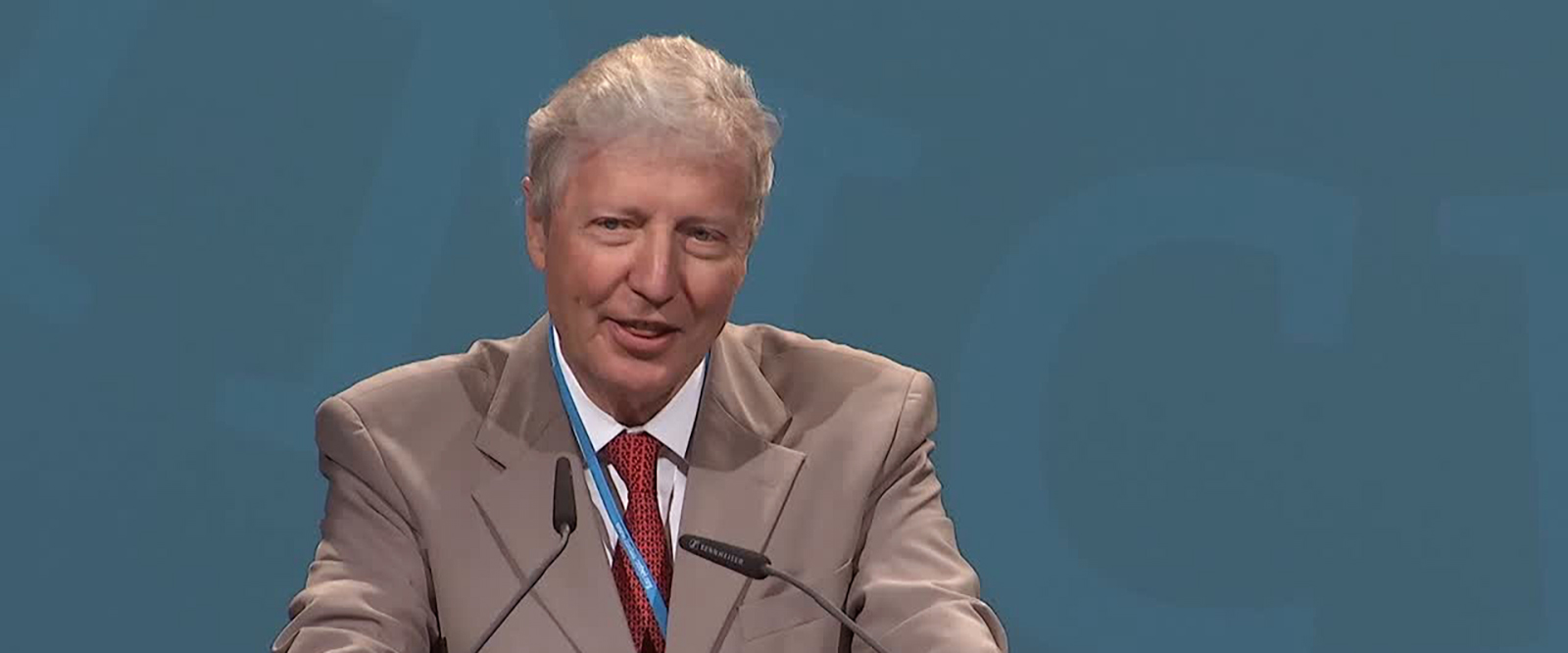
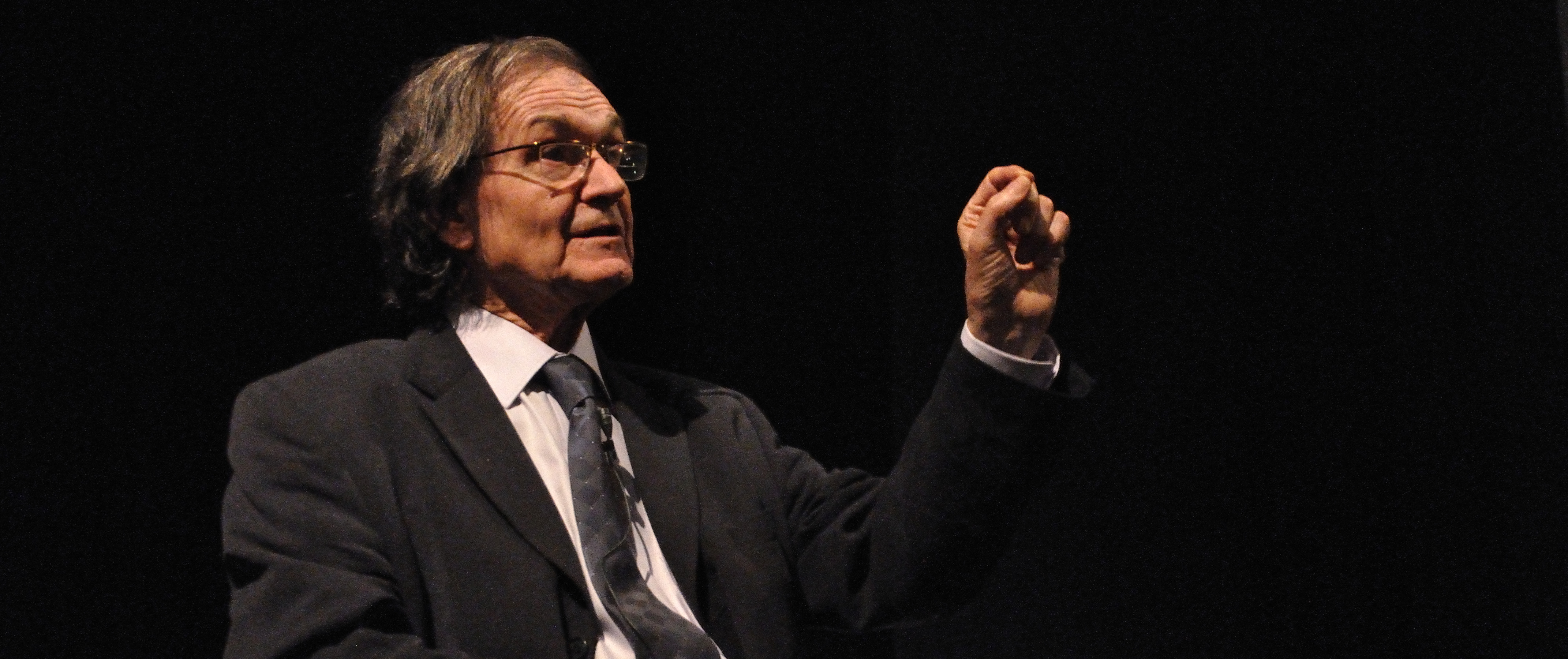
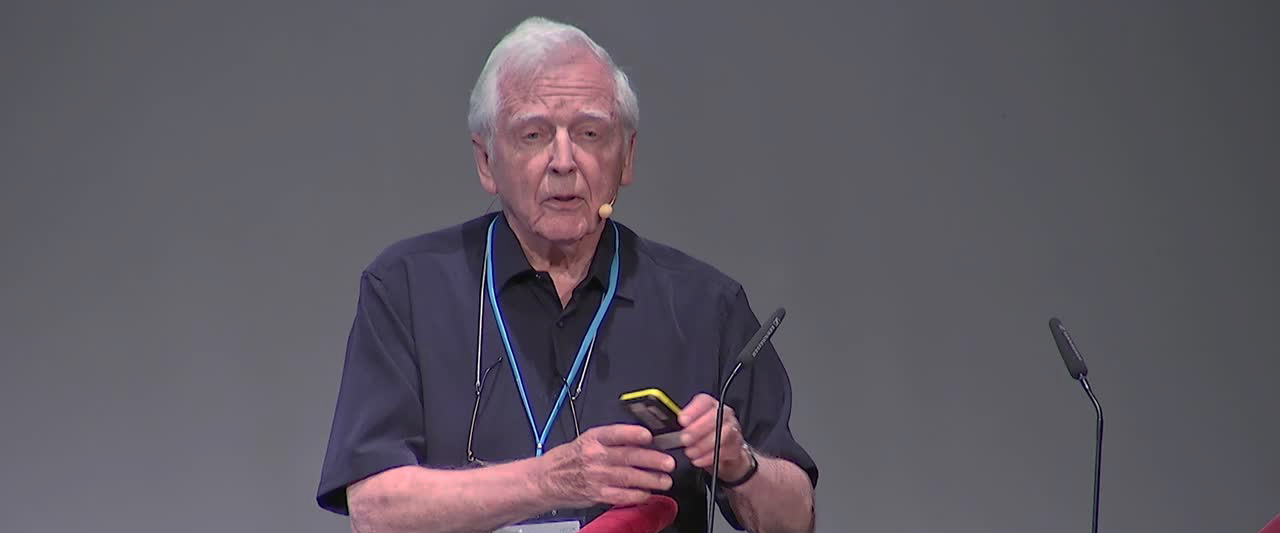
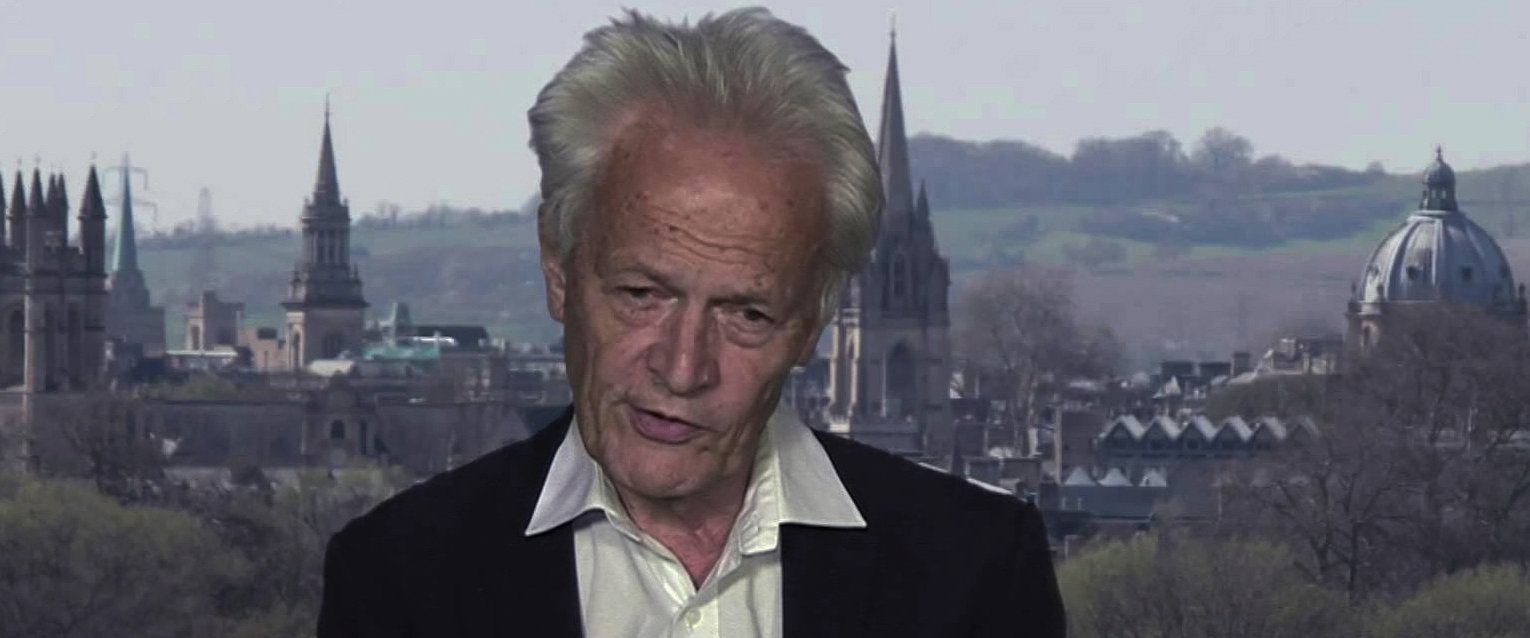
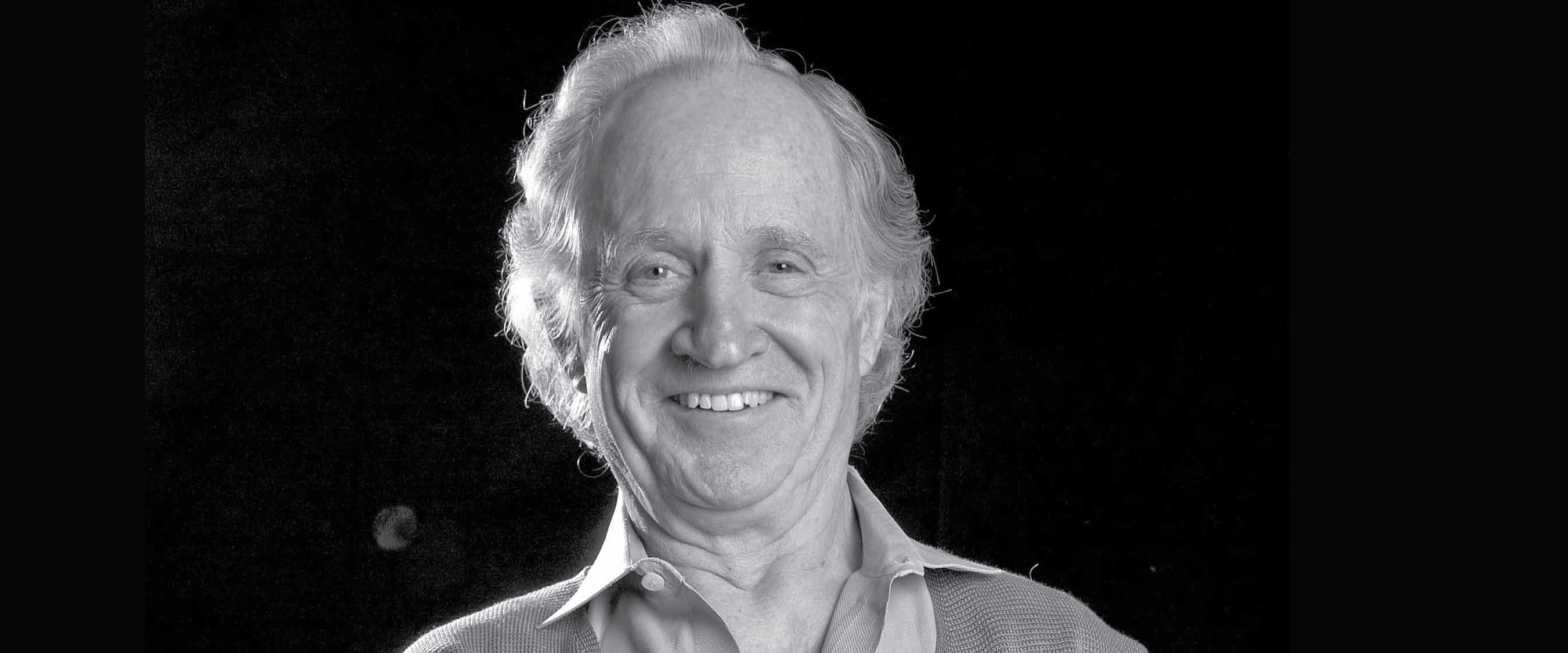
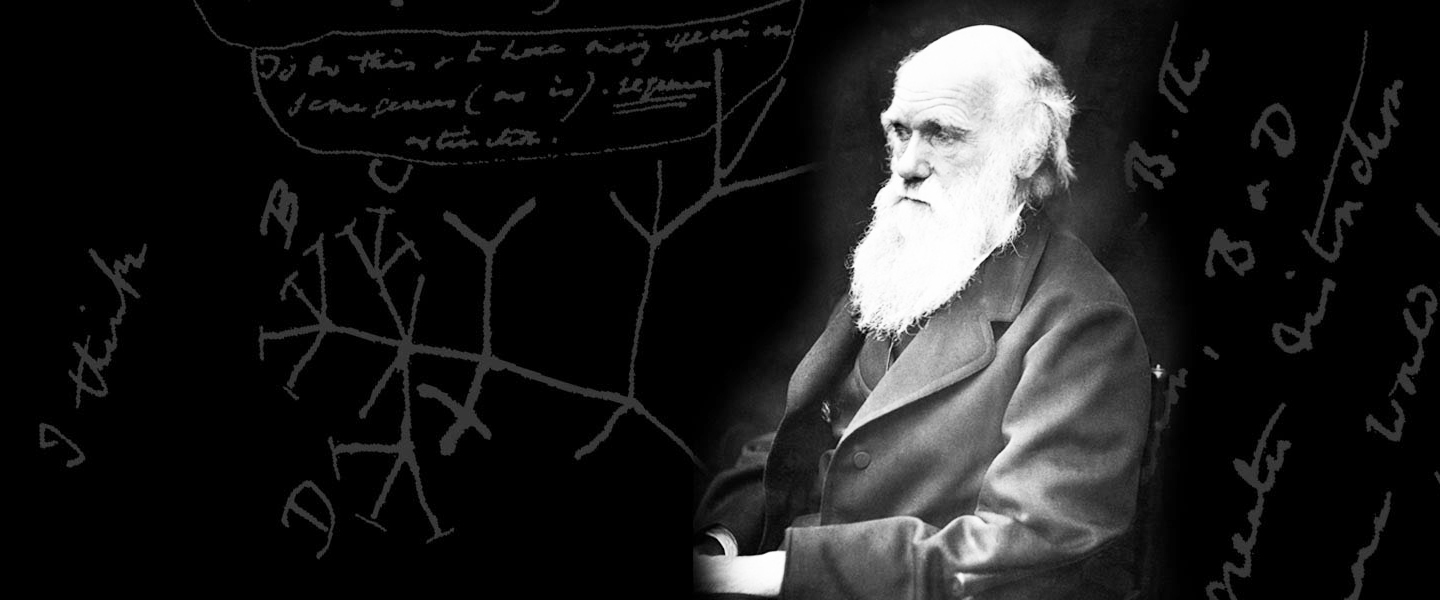



















 Articles
Articles